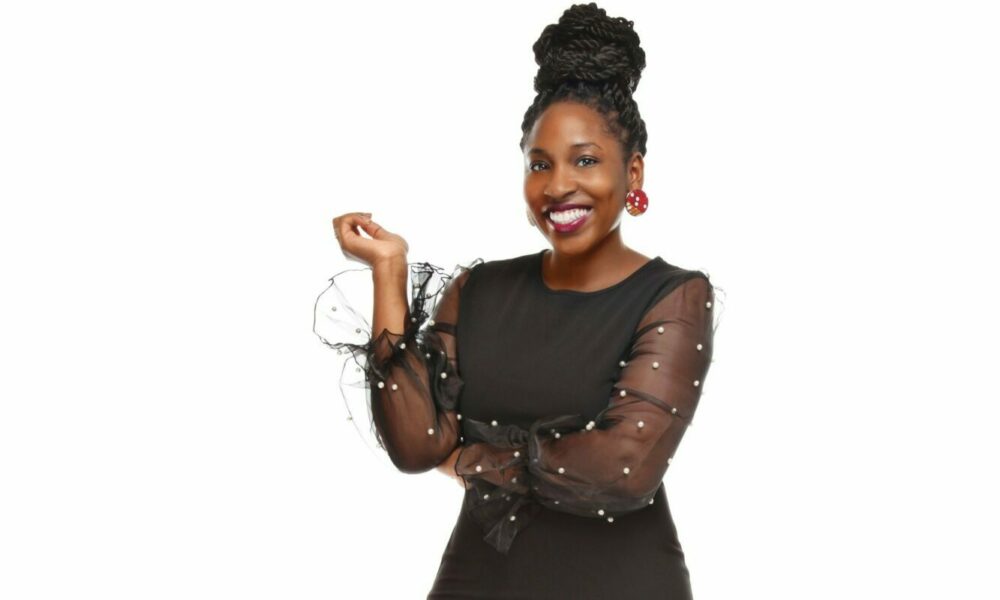Online backlash over Black identity has sparked a powerful response from one mental health expert—and it’s striking a chord.
Dr. Raquel Martin, a licensed clinical psychologist, professor, and leading voice on Black health and wellbeing, is challenging toxic narratives about what it means to be “authentically Black.”
In a recent viral video shared across social media, Dr. Martin confronted the idea that growing up in the suburbs or being middle-class somehow makes someone “less Black.”
“Since when does growing up in the suburbs make you less Black?” she asks. “Since white supremacy convinced us that poverty is a requirement for Black identity.”
Dr. Martin—who is also a podcast host and author—used the viral moment to dissect how respectability politics, internalized anti-Blackness, and white supremacist ideals shape public perceptions of what the “real” Black experience looks like.
She points to actress and writer Issa Rae as an example of someone whose upbringing is often scrutinized.
“People are saying she doesn’t represent the real Black experience,” Martin says in the video. “No, what they’re saying is she doesn’t perform the pain-based version of Blackness that they’ve been conditioned to expect.”
She continued by noting that the belief that Blackness must be rooted in trauma is not only damaging, but reductive:
“Blackness is not defined by pain, you fool. It’s not authenticated by struggle. We’re allowed to exist in joy and abundance and peace—and yes, in the suburbs.”

Throughout her video, Martin calls out the ways these attitudes harm Black people from all walks of life:
“We erase the full range of Black experiences… we end up gatekeeping our own people. And let’s be real—white supremacy loves when we do the job for them.”
In her closing remarks, Dr. Martin offered clear advice for disrupting these harmful narratives:
- Stop policing Blackness.
- Celebrate spectrum, not stereotypes.
- Ask who benefits when we fight over authenticity instead of fighting the systems boxing us in.
Dr. Martin’s words have resonated widely across social platforms, reigniting a conversation about the diversity of Black identity and the urgent need to dismantle internalized oppression.
“This conversation is SO necessary 👏🙌,” expressed one comment. Another stated, “Every single word of this!!!!!! I’m sending this to all of my friends. Every single one!”
